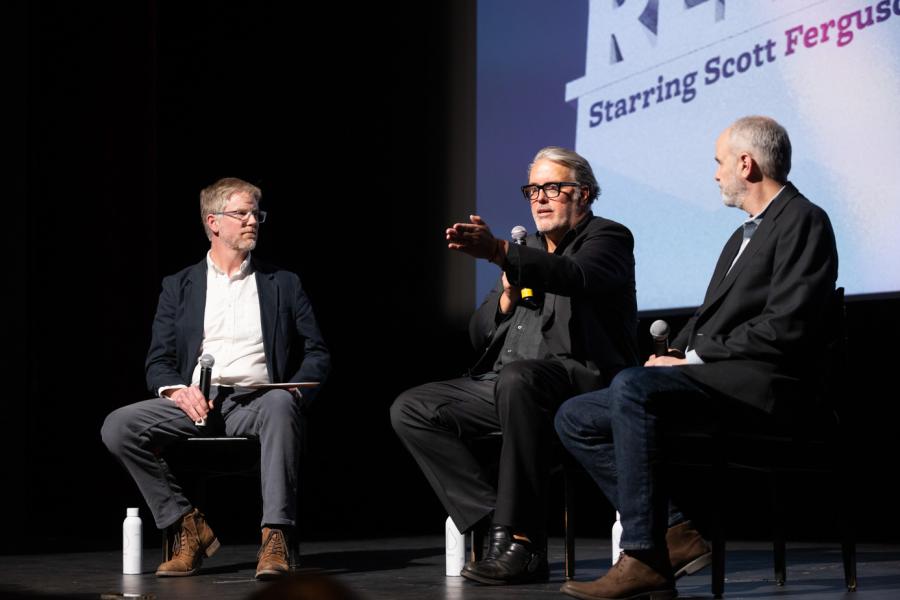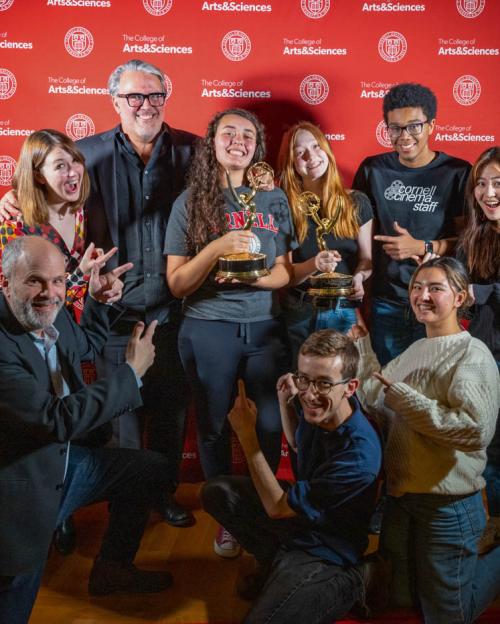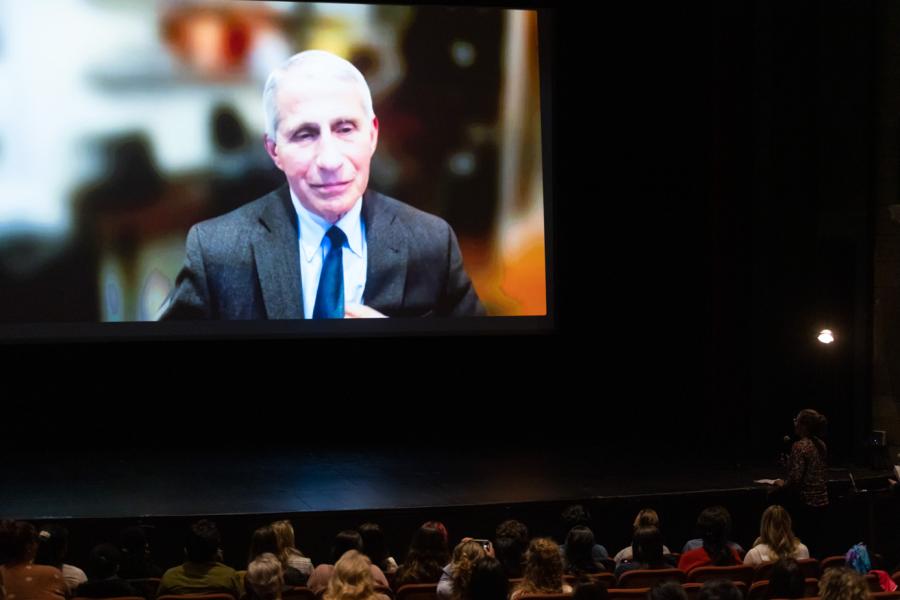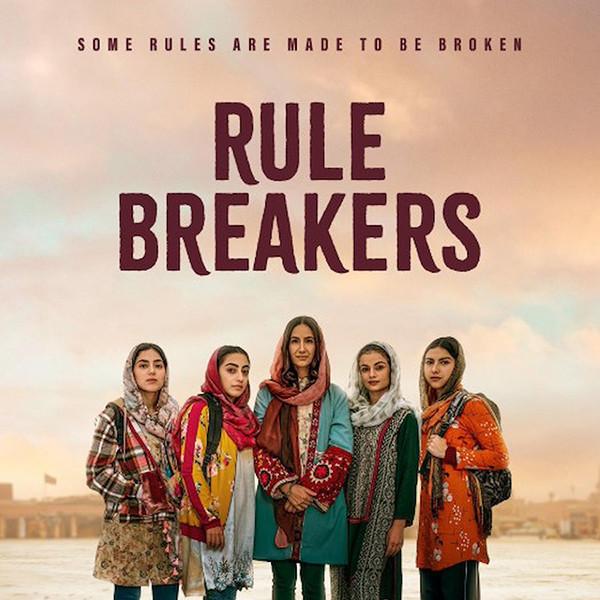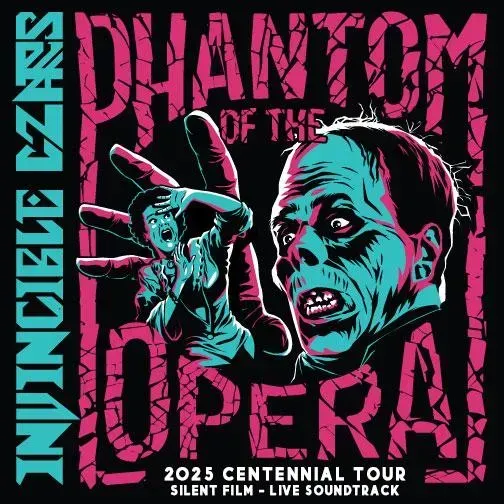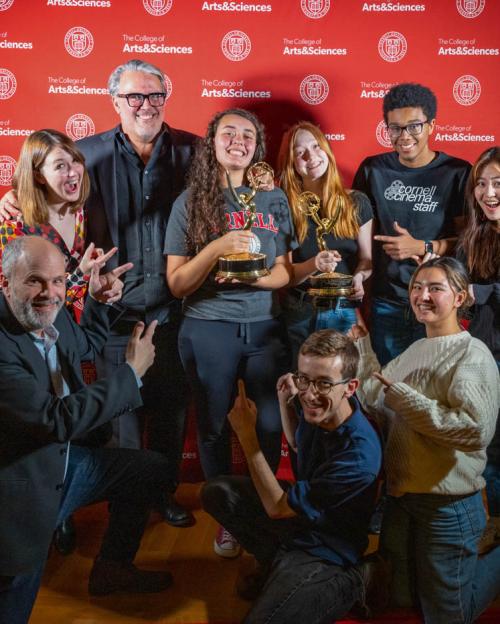Follow your curiosities — and your passions — as you make your way through life, and things will turn out just fine.
That was a common theme shared by two visiting alumni filmmakers during a March 28-29 visit to campus, as well as by Dr. Anthony Fauci and actor Nicholas Braun, who joined the events by Zoom and who were featured in the pairs’ most recent films.
“From the Big Red to the Red Carpet” featured Scott Ferguson ’82 and Michael Kantor ’83, Emmy-winning producers of HBO’s “Succession” and the PBS “American Masters” series, respectively. Their visit to campus was sponsored by Cornell Cinema and the Department of Performing and Media Arts in the College of Arts & Sciences and included reflections on their time at Cornell and their careers in film and television production, as well as tips for students interested in entertainment careers.
“Any person any study was what I really needed when I came to Cornell because I didn’t know what I wanted to study,” Ferguson said. “But when I took a 16 mm film course that Marilyn Rivchin taught, I was bitten by the bug. I was drawn like a moth to the flame to something I was really interested in.”
For Kantor, becoming a theatre major “opened me up to storytelling,” he said, adding that he knew he would focus on documentaries after landing a job working with voiceover actors on Ken Burns’ documentaries for PBS.
“I loved being in a small room with the top actors of the time, working with them on their readings of these historical materials,” he said. “It was a combination of that excitement from education and that little bit of showbiz.”
Ferguson and Kantor began their two-day visit visiting classes and working with students, then offered a lecture with movie and TV clips on March 28 at an Arts Unplugged event sponsored by A&S, held at Cornell Cinema.
"Over the course of their careers, Michael and Scott have produced work that has shifted cultural conversations,” said Molly Ryan, director of Cornell Cinema. “It was exciting throughout the week to consider the impact of their bodies of work, which to me reflect the singular ability of film and television to educate, entertain and deepen an understanding of our shared humanity."
Kantor and Ferguson talked about their first jobs in the industry, which weren’t glamorous, but “if you apply yourself with energy and enthusiasm to those early mundane tasks, you’ll eventually be given more important tasks,” Ferguson said.
Graduate school was also an important step for each of them, and from that point onward, they followed their curiosity – documentaries for Kantor and scripted films and TV for Ferguson.
“I’ve been able to chart my career by following what I’m most interested in and making it happen,” Kantor said. “I’ve also always tried to connect with my family through my work – my daughter is studying American Sign Language so developing a film on Marlee Matlin makes my heart full. For the movie on Dr. Anthony Fauci, my dad was an immunologist who happened to be colleagues with Fauci, and even though he passed away and never saw this movie, it was a nice connection.”
Both offered insights into the way their work comes together. Ferguson said the script for an episode of “Succession” is layered, beginning with painstaking research into the business story being told that week, then adding a layer of humor and then what he called the most important layer, “the core emotional family drama.”
On March 29, the pair of alums returned to Cornell Cinema to screen the first episode of Season Four of “Succession” and Kantor’s latest documentary, “Dr. Tony Fauci.”
After the screenings, audience members were treated to Zoom visits and Q&As with Braun and Fauci.
Braun, who plays the part of “Cousin Greg” in “Succession,” shared insights about his role.
“When I read the pilot, it’s pretty obvious what Greg is to the show. Everybody is slick and in suits and talking about the trust and acquisitions and Greg is high and working at an amusement park and can’t even keep that job,” he said. “The promise of a character like that is, how are they going to grow?”
By season four, Greg is “in the room” with other family members as they’re making major decisions about the future of the business.
“So, when Jesse (Armstrong) gives me a line like ‘So where are your kids, Logan, on your big birthday?’ that’s not a line I would have gotten in season one,” Braun said.
Fauci answered questions compiled from students in Cornell’s public health program and read by Gen Meredith, associate director of the program and a professor of the practice in the Department of Public & Ecosystem Health at the College of Veterinary Medicine.
Meredith said she was most inspired by three of Fauci’s points:
- Decisions need to be made based on the best data that are available at the time;
- In emergency situations, like when faced with an emergent disease global pandemic, frequent open and honest communication is key;
- We, as a nation, must re-invest in public health and this must happen from the federal level down (fiscal support) and from the community level up.
“Being able to see and hear his reflections on his experiences through two pandemics was both sobering and inspiring,” she said. “The movie gave a peek into instances that would challenge anybody in a public health leadership role; we got to see how he navigated the situation and get insight into approaches to take in times of uncertainty.”
Fauci told students to “get into the trenches” and listen to people who are being impacted by public health crises, sharing stories of alliances built with AIDS activists in the 1980s and partnerships with local politicians during the COVID-19 pandemic to encourage vaccinations.
“You will find that public health is one of the most gratifying and fulfilling professions you could possibly ever imagine,” he said. “What you’re doing is aimed at improving the health of and preventing and treating diseases in people, which is one of the most important things you could do for another individual.”
Fauci also encouraged students to “chill out a bit more,” saying that he remembers being awfully anxious when he was at the early stage of his career.
“I know early on I wondered: Am I going to be successful? What are the challenges going to be? Am I going to be good at what I do?” he said. “You would not be where you are at Cornell unless you had a considerable degree of capability. Just utilize the training you get, work hard with the talent that you have, and you will be fine.”

